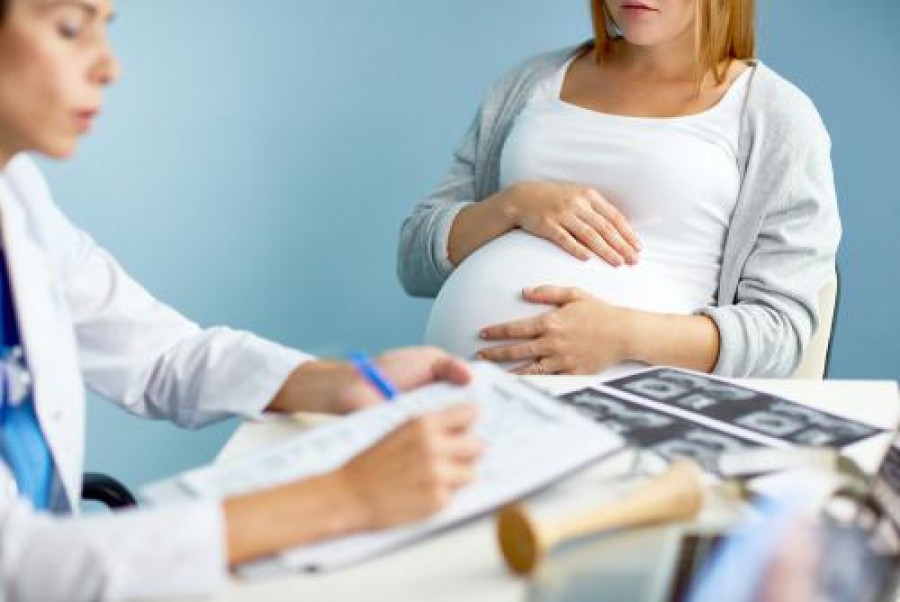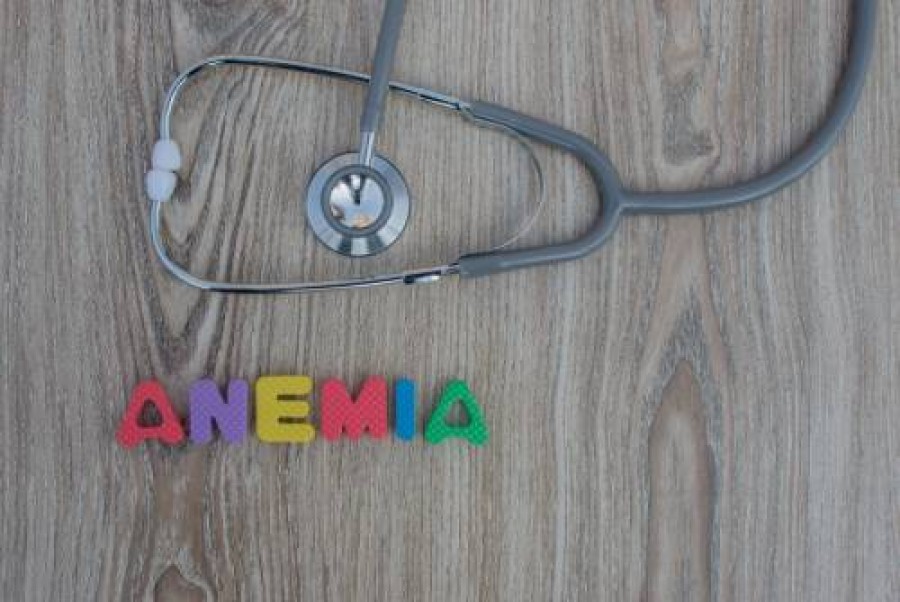What is Group B Streptococcus?

Group Bstreptococcus, often simply referred to group B strep or even as GBS is a type of bacteria that commonly lives in some people’s bodies. It can be dangerous in some situations causing a bacterial infection in those more susceptible such as infants and the elderly. However, most people that carry it don’t even know they are carriers because they usually show no signs or symptoms. Approximately one in every five women carry group B streptococcus in their vagina without knowing it.
What Does Group B Streptococcus Mean for Pregnancy?
Most women that carry group B streptococcus have no problems because of it. The majority of the time, the woman wouldn’t even know she had it. However, if a woman is a carrier of group B streptococcus at the time that she gives birth, there is a chance that the bacteria could transfer to the baby as the baby goes through the birth canal which could cause potentially serious problems for the newborn.
Dangers of Group B Streptococcus in Pregnancy
Having group B streptococcus is usually harmless but having it during pregnancy can cause potential harm to your bub. If a woman is a carrier of group B streptococcus when she gives birth, the baby will come in contact with the bacteria as they are born. A baby that comes in contact with group B streptococcus has a chance of getting a bacterial infection. This is especially dangerous in a newborn baby.
How Common is Group B Streptococcus Infection in Babies?
Approximately 1 in 250 babies will become infected. The vast majority of babies that become infected get early-onset group B streptococcus infection. This means that they become ill within 7 days after birth, although most begin showing symptoms within hours after birth. Some babies may get late-onset group B streptococcus infection which can occur anytime within the first 3 months after birth.
Risks of Group B Streptococcus Infection in Babies
There are many different illnesses that a baby may face due to getting a group B streptococcus infection. All of them are dangerous and can be very hard on babies. Sometimes things can become so severe that babies may not survive the group B streptococcus infection.
1. Pneumonia from Group B Streptococcus
One of the potential complications that can arise due to group B streptococcus infection is pneumonia. Pneumonia is an infection of the lungs where the lungs become inflamed and fill with fluid. This can make your bub have a difficult time breathing. Symptoms of pneumonia in babies include a bad cough, coughing up mucous, having trouble eating/not eating well, fever, and rapid and/or shallow breathing.
2. Septicaemia from Group B Streptococcus
Septicaemia is an infection of the blood, sometimes called blood poisoning. It is very serious and very dangerous for anyone but especially for little babies. It’s imperative that treatment begin immediately for septicaemia to ensure the best chance of survival for your baby. Symptoms of septicaemia in babies start out similar to the flu and include fever, chills, high-pitched crying, fatigue, lethargy, pale and blotchy complexion, and a blank stare.
3. Meningitis from Group B Streptococcus
Meningitis from group B streptococcus is closely related to septicaemia as it occurs when the bacteria travels through the bloodstream and infects the lining of the brain and spinal cord. The lining is made of membranes called meninges that become inflamed when meningitis occurs. Treatment for meningitis should begin as quickly as possible to avoid serious complications such as deafness and mental disability and even death.Symptoms include fever, headache, stiff neck, sensitivity to light, vomiting, fatigue, and lack of appetite.
4. Treatment for Group B Streptococcus Infection in Babies
If your baby gets group B streptococcus infection, they will require immediate treatment to give them the best shot at surviving and having minimal long-term complications. A baby with a group B streptococcus infection will need to be hospitalized for treatment. The treatment typically consists of intravenous antibiotics for at least 10 days. Unfortunately, even with treatment about one in every ten babies that gets a group B streptococcus infection won’t survive it.
How Do I Know if I’m a Carrier of Group B Streptococcus?
Since there are no symptoms the majority of the time in a woman that carries group B streptococcus, you probably won’t be able to know if you have it or not unless you are specifically tested for it. Most hospitals will do a routine test for group B streptococcus on all pregnant woman so they can know for sure if a woman is positive for it or not.
Testing for Group B Streptococcus
The test for group B streptococcus is very simple and quick. Most of the time, your pregnancy health care provider will perform the test when you are about 35 to 37 weeks along in your pregnancy at one of your normal appointments. You will be asked to undress from the waist down and lay down. Your health care provider will either take a swab of your vaginal area and possibly of the area around your anus or they may have you take the swab yourself. The swab will then be tested to see if you are positive for group B streptococcus or not.
Testing Positive for Group B Streptococcus in Pregnancy
Finding out that you’ve tested positive for group B streptococcus can be scary since group B streptococcus can be so dangerous for babies. However, with proper treatment, the chances of your baby becoming infected with group B streptococcus can be significantly lowered. If you do test positive for being a carrier of group B streptococcus during pregnancy, your healthcare provider will most likely recommend that you receive intravenous antibiotics during labour to reduce the chance of the bacteria being spread to and possibly causing infection in your baby. If possible,it is best to start receiving the intravenous antibiotics at least 4 hours before your baby arrives. Typically, you’ll receive antibiotics through IV every 4 hours from the time your water breaks or your labour starts until your baby is born.
Are There Risks Involved in Treatment?
There is some risk involved with the administration of antibiotics to try to prevent group B streptococcus infection in babies. Although not super common, some people do have a serious allergic reaction to certain antibiotics. Other possible negative side effects include nausea, vomiting and diarrhoea. Antibiotics can also increase your chance of a yeast infection and the chance of your baby developing thrush. However, these side effects are considered to be outweighed by the lowered chance of the baby being infected by group B streptococcus.
Will I Have to Receive Treatment for All Future Pregnancies?
A common concern of women that test positive for group B streptococcus in one pregnancy is that they may end up requiring treatment in the form of intravenous antibiotics during labour for all of their future pregnancies. This is not the case, however. Actually, whether or not a particular person carries group B streptococcus may regularly change. You may carry the group B streptococcus bacteria during one of your pregnancies and none of your other pregnancies. However, you may carry it for all or none of your pregnancies. That is why it is generally recommended to be tested for it during each individual pregnancy.
Try Not to Worry
The idea of group B streptococcus and the problems it can cause can definitely be scary and cause you to worry, but it’s best if you can try to relax and not be too concerned.Stress isn’t good for you and your bub and only about 20% of women are even carriers of the bacteria. From that, antibiotics given during labour are able to prevent infections in most babies. Even of the babies that do get infected, the great majority of babies survive with proper treatment. The best thing you can do is just relax and follow the advice of your pregnancy health care provider.


